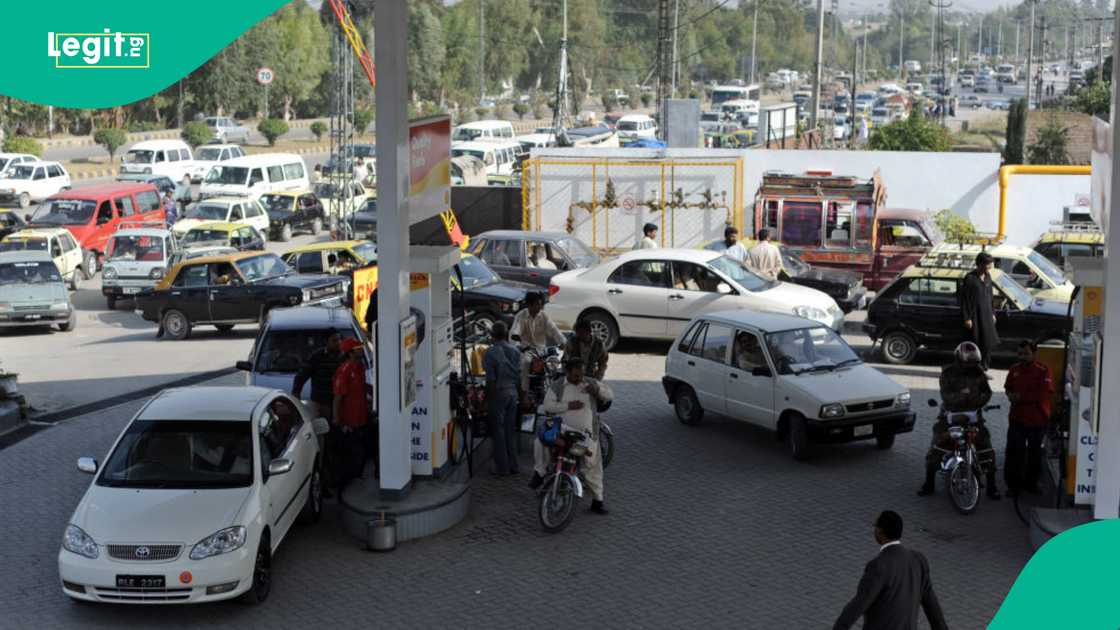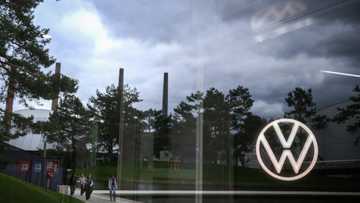High Fuel Costs in FCT Force Civil Servants to Use Public Transportation, Abandon Personal Vehicles
- Civil servants in the Federal Capital Territory (FCT) are opting for public transportation due to high fuel costs
- Mrs Elizabeth Ekwere and Mr Festus Ugwu share their struggles of balancing expenses with meagre salaries and the exorbitant price of fuel
- They urge the Federal Government to pay minimum wage and allowances to ease the burden on workers
Don't miss out! Join Legit.ng's Sports News channel on WhatsApp now!
A survey by the News Agency of Nigeria (NAN) reveals that civil servants in the Federal Capital Territory (FCT) are increasingly parking their vehicles and opting for public transportation due to the soaring cost of fuel.
Many have found it more economical to use public transport for their daily commutes and other engagements.

Source: Getty Images
Mrs Elizabeth Ekwere, a civil servant, shared her experience, stating that the current pump price of fuel and her modest salary made it unsustainable to continue using her car.
Fuel costs affect civil servants
With her superiors ' permission, Ekwere has since reduced her workdays to avoid incurring debt.
Another public servant, Mr Festus Ugwu, mentioned that his vehicle, usually parked during the workweek, is now only used on Sundays to take his family to church.
Despite concerns about the "one chance" gang, Ugwu relies on public transportation to save money. He urged the federal government to address the burden of fuel price hikes on workers by ensuring timely payment of the minimum wage and other allowances.
"One has to calculate very well before driving to any place now because it is not wisdom to spend all your earnings on fuel," he said.
Fuel hike in Nigeria
Nigeria's recent fuel price hike has intensified economic pressures on citizens, particularly since the government removed fuel subsidies in 2023.
This subsidy removal led to a dramatic increase in fuel prices, from approximately ₦185 per litre to over ₦500, with subsequent spikes reaching as high as ₦617 in some areas.
The rise has caused a domino effect, increasing transportation costs, food prices, and overall inflation and straining household budgets.
Reps blow hot, demand immediate price hike
Meanwhile, Legit.ng earlier reported that the Nigerian House of Representatives has stepped in to address the skyrocketing petrol and cooking gas prices.
Thus, they demanded an immediate cut down on the cost of cooking gas and petrol to alleviate the growing economic hardship faced by Nigerians.
PAY ATTENTION: Сheck out news that is picked exactly for YOU ➡️ find the “Recommended for you” block on the home page and enjoy!
Source: Legit.ng




